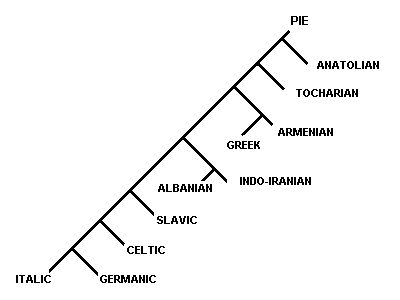Upe is River in Lithuanian, so it is the same as Thracian water as you said.
On the first wiktionary table,"u" from the Proto-Indo-European root turns to "w" in Balto-Slavic,while the evolved
Slavic form "voda" yields a "v".
Using the same principle on the second table, "u" from the PIE root will eventually become the "v" from vapa.
But it didn't offered the (reconstructed) Balto-Slavic and Proto-Slavic roots as well,so I started to search for the problems.
I assumed that it has to do with the phonetics and morphology (Baltic -up,ap versus Slavic -vap;unsuffixed versions),
the Slavic word had one sound plus,not only comparing to Baltic,but also to all the other Indo-European forms,
I thought it is a different structure,being bigger, it could have been the result of the word's blending.
But this Polish paper(see especially pgs. 10,11 and 13) finds a morphological and semantical match,
the Indic words based on the root vapi,that also means "pond,lake".
Indeed,vapa is a more complex term than upe,having a compound root.
"It is suggested that PIE. *h2we-h2p- f. ‘pond, tank, pool, lake’, orig. ‘a reservoir of stagnant water’(hence Old Indic vāpb- f. ‘any pond; an oblong reservoir of water, tank, pool, lake’, Pali vāpif.‘pond’; Prakrit vāvī- f. ‘pond’; Old Church Slavic вапа f. ‘lake’, Ukrainian вáпа f. ‘standing water;boggy place’; Slovenian vápa f. ‘puddle’) represents a compound containing the Proto-Indo-Europeanprivative particle (prefix) *h2we- ‘away, not’ and the term *h2ep- ‘flowing water; water on themove’ (cf. Old Indic ap- f. ‘water’, Avestan āfš f. ‘water’; Tocharian AB āp ‘water, river’, Old Prussianape f. ‘river’, Hittite ḫapa- c. ‘river’ and so on)."
"The Old Indic opposition (both in semantics and in word-formation) observed between
the appellatives ap- ‘water’ and vāp-ī- f. ‘pond, body of water’ seems to correspond
to the opposition of OPrus. ape f. ‘river’ and PSl. *vapa f. ‘lake’. The correspondences
between Indic and Balto-Slavic are striking enough to allow one to guess that the mutual
relations go back to two separate though related archetypes"
Speaking of upe ,the only problem against a further Thracian-Baltic relation,would be
an independent evolution.For example,rhotacism occurs independently within the Romance languages.
"The unexpected vocalism of the root u-, attested in Lithuanian, Latvian
and possibly Yatvingian4, should be explained by phonetic phenomena internal
to the Baltic group, probably a sound process analogical to Cowgill’s law."
https://www.google.ro/url?sa=t&rct=...Xk9LdKd9gGn1bjZIBNrKeA&bvm=bv.129759880,d.bGg
EDIT:
I appreciate the tone,definitely more decent.


